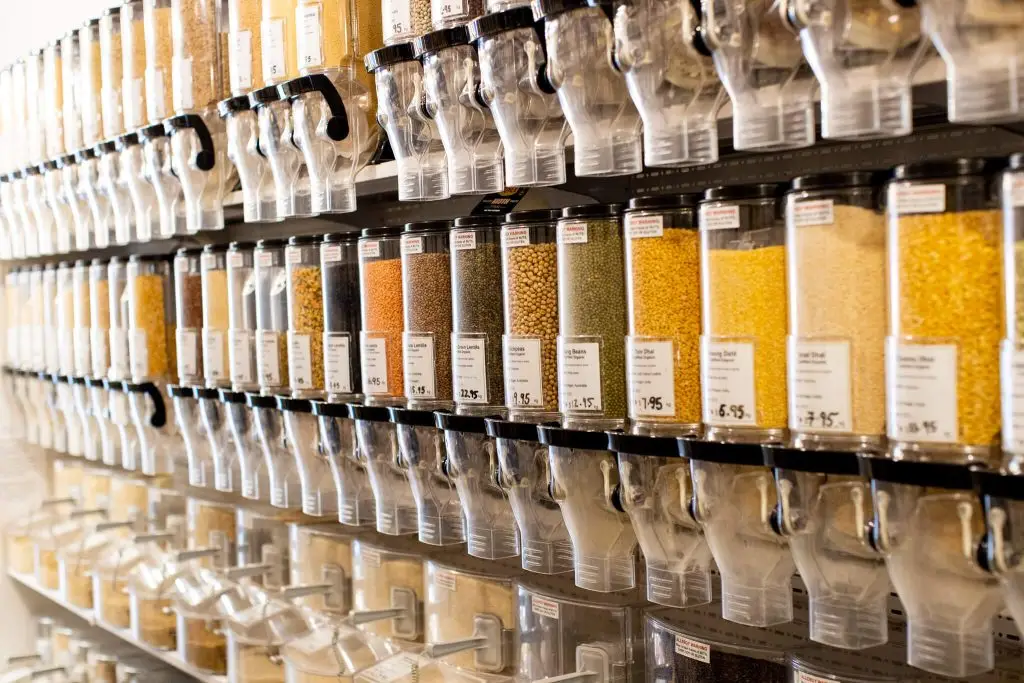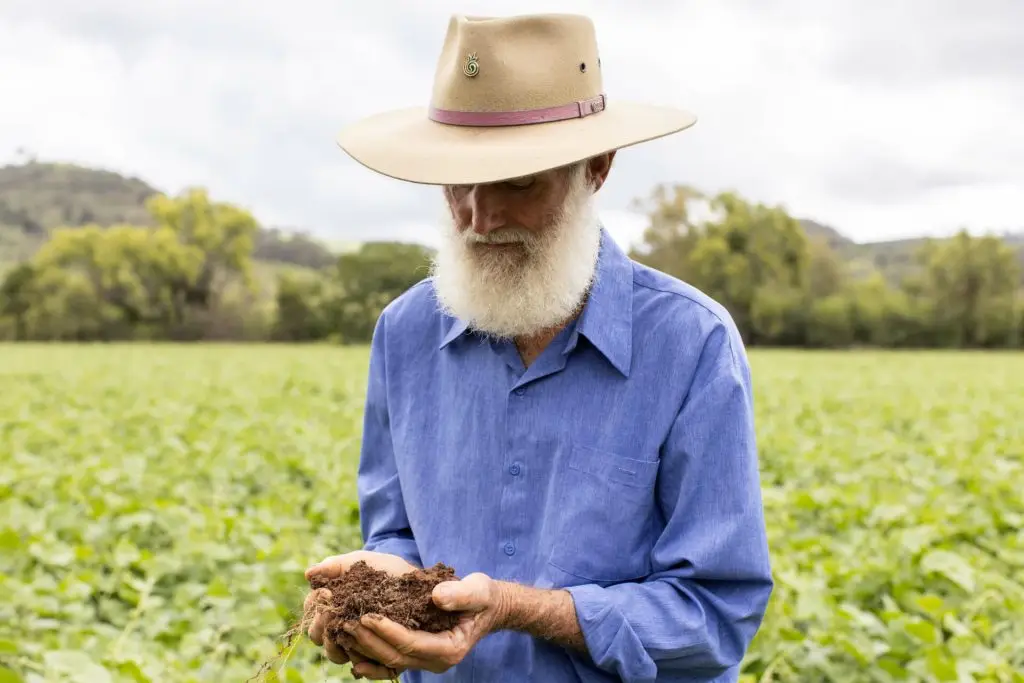Organic certification has existed in Australia for more than 30 years and remains the only way to provide integrity to the organic industry. Certification minimises confusion, builds confidence with consumers, opens up export market access and guarantees a robust and impartial system.

Domestic
While Australia remains one of the few developed countries without domestic regulation controlling the use of the word ‘organic’ or the term ‘organically grown’, all major wholesalers, supermarkets, and many independent retailers are voluntarily insisting on certification from suppliers wishing to make claims of organic status on their products.
Ours is an evolving industry, and there is a strong chance that domestic regulation for organics will be enacted in the near future. This would require all organic products in the marketplace to be certified in compliance with Australian organic regulations. Organic conversion takes between 1-3 years depending on your past farm input history and crops. Be prepared for future changes in legislation and become certified organic today!
Export
The export market for Australian organic and biodynamic goods is regulated, as they are considered ‘prescribed goods’ under the Export Control Act (2020).
It is illegal to export organic goods without approval in the form of an ‘Organic Goods Certificate’ (OGC). Organic products for export must comply with the production requirements of the National Standard for Organic and Bio-dynamic Produce. If you are considering exporting organic products from Australia, contact your certification body or visit the Trade Organic website for country-specific export information and resources.
Organic certification is a highly developed and trusted third-party certification system. With a lack of domestic regulation in Australia, third-party certification becomes even more important, as it provides an assurance that the entire supply chain has been independently audited against strict standards. This acts as a guarantee for consumers that they are getting what they paid for when they purchase organic. Learn more about domestic regulation here.

Organic certification schemes place a high level of emphasis on preventing conflicts of interest and managing impartiality.
For example, organic auditors and certification officers must not have any financial or other relationships with certified operators; certification decisions are made by a different person than who conducts the inspections; and auditors are rotated so as to not become too familiar with operators. These practices help ensure that organic certification integrity is upheld.
Income
The Rodale Institute have collected data measuring differences in soil health, crop yields, energy efficiency, water use/contamination and nutrient density of crops grown in organic and non-organic systems managed with different levels of tillage for nearly 40 years. The organic systems had a 3-6x increased earning potential compared to non-organic systems. Though organic systems may initially require time to build up soil health and quality, once this is established and managed correctly, organic systems require fewer off-farm inputs, have comparable or higher yields to non-organic farms, and can be sold for a premium. For more information, check out the Rodale Institute website here.
